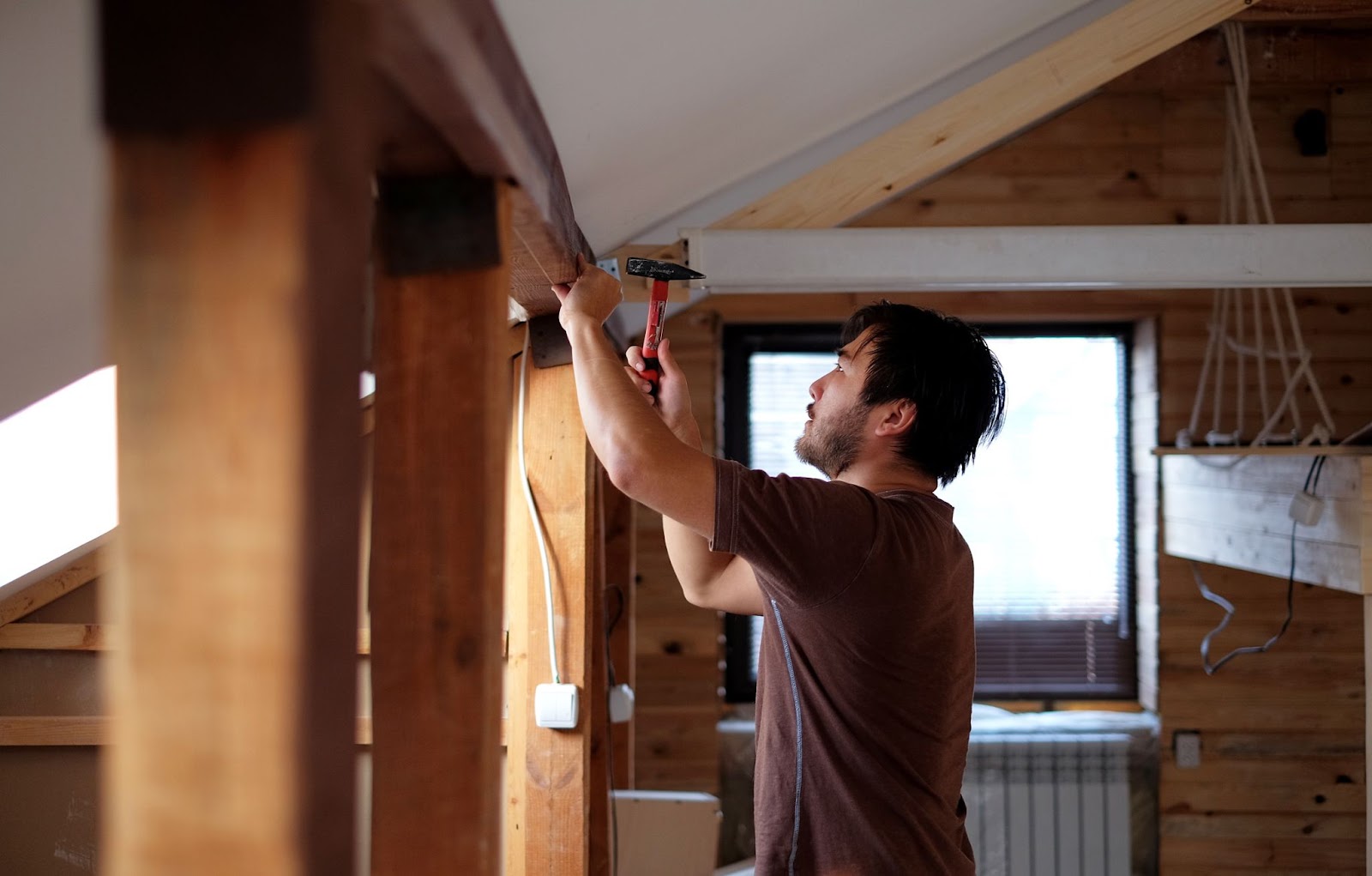
It doesn’t take a real estate professional to know what a fix-n-flip project is. In fact, even if you don’t know a thing about real estate, chances are, you have probably seen one of the many TV shows dedicated to flipping homes for profit. Don’t get us wrong, these programs are entertaining and show a sugar-coated, expedited version of an otherwise long and challenging process. But one thing that these popular TV shows don’t shed light on is financing options. Let’s be clear, not everyone has the means to renovate a property deemed as a “fixer-upper,” so how do they do it? Well, today we are answering that question by addressing the elephant in the room: financing. So let’s get into it…
What Are Residential Transition Loans?
There is an ongoing internet joke about the people who appear on home improvement shows and their oftentimes unrealistic budgets for their home projects. However, it all comes down to financing and the type of loans that people qualify for or seek out for their real estate properties. One of the most common real estate investment loans is known as residential transition loans, or fix-and-flip loans (also referred to as bridge loans, rehab loans, etc.)
So, what are residential transition loans and how do they differ from traditional real estate loans? For starters, they are great loans for investors who plan on buying, renovating, and reselling their property within a short period of time for profit (think 12-48 months).
Who Can Qualify For A RTL?
Residential transition loans, or RTLs, are perfect for people looking to get involved with real estate investing but don’t have the money or experience to buy properties outright.
However, in order to get approved for an RTL, you’ll need to submit an application that includes some financial information. You’ll also need to provide details about the property you want to purchase, such as its location and estimated value after repairs. One thing to keep in mind is that the minimum and maximum loan amounts can vary and are typically based on the value of your property rather than your credit score. This is because the property is often considered collateral if you are not able to repay the loan.
In a competitive real estate market, it’s critical to remember that cash is king. What many investors and flippers have learned along the way, though, is that cash is not always completely necessary. Residential transition loans provide investors who do not have all of the cash required to fund a flipping project with the ability to compete with cash buyers while using only a portion of the cash out of pocket.
Do Your Research
If you are a first-time flipper, you might be quick to borrow from the first lender you talk to, but it’s essential to do your research and borrow from a reputable but flexible lender with RTL experience. It is important to also do your research when it comes to the amount of money you want to borrow for renovations. For example, since the pandemic, lumber and other construction materials costs have increased dramatically, which means that your expenses may be higher than you originally anticipated.
Make sure that you use a loan calculator to help you consider all costs that your project might have. Even the most seasoned real estate investors and house flippers have overlooked costs and had to find funds elsewhere because they didn’t borrow enough.
Residential Transition Loans From HouseMax
Using HouseMax will allow you to do up to 5 times as many deals compared to using your own cash. One thing to keep in mind is that not all lenders will base the loan on a percentage of the projected after-repair value (ARV) the way HouseMax Funding will. At HouseMax, we have the experience, and the know-how to help you with real estate investment. We are one of the top fix and flip lenders in the industry, and have grown tremendously over the last decade. It doesn’t matter whether you are a first-time flipper/borrower or an experienced real estate investor, when you need a residential transition loan, HouseMax can help. Find out more by contacting us today or requesting a quote.


